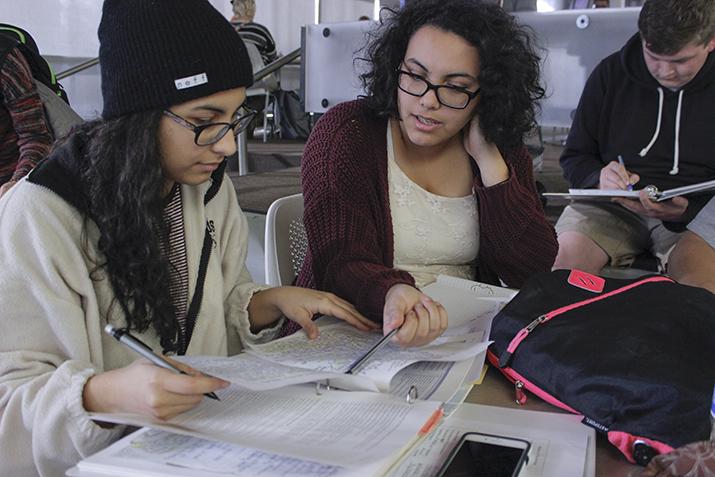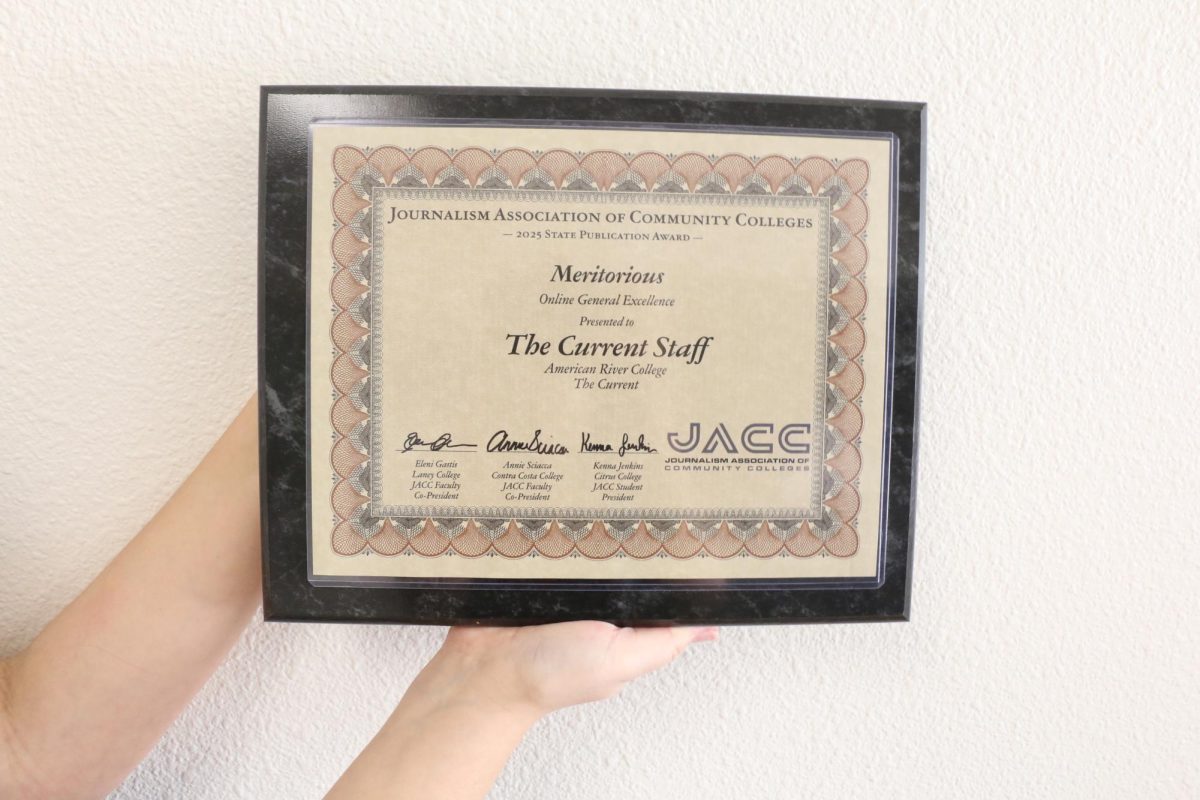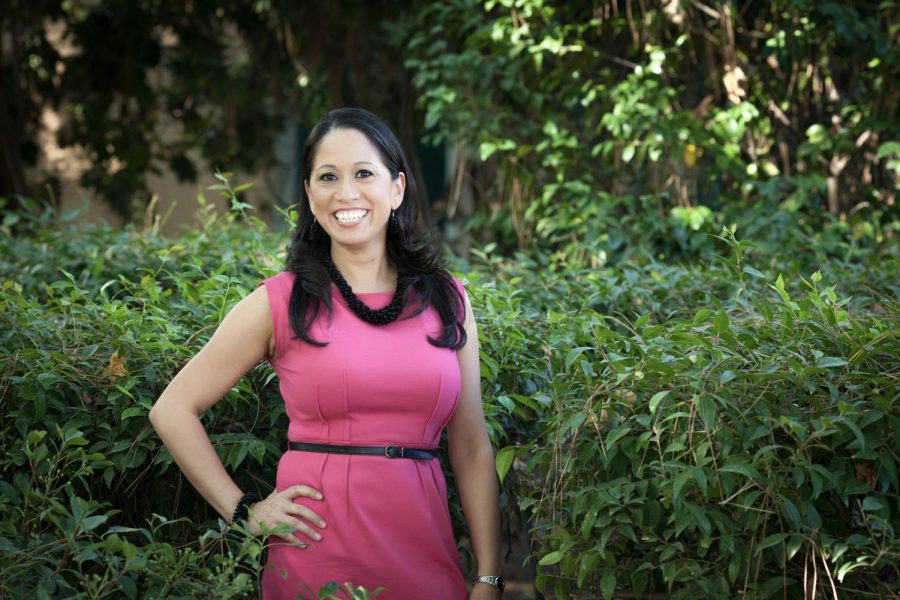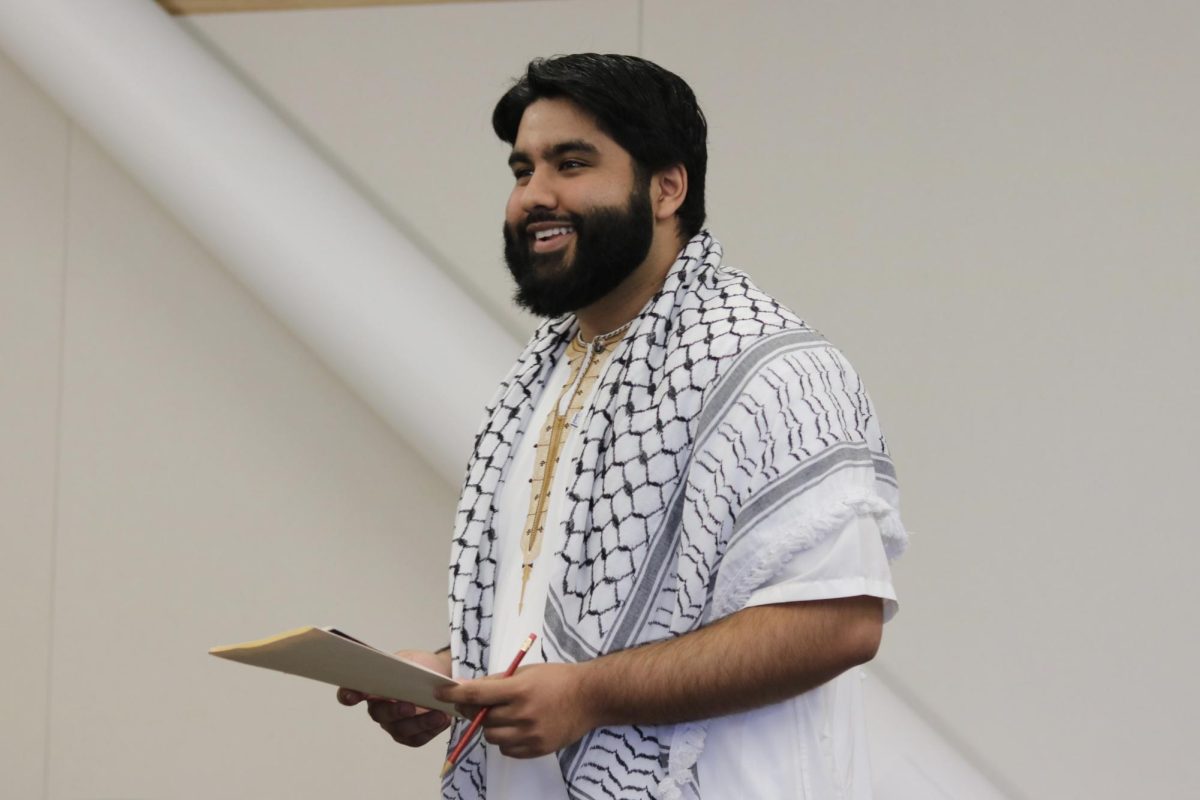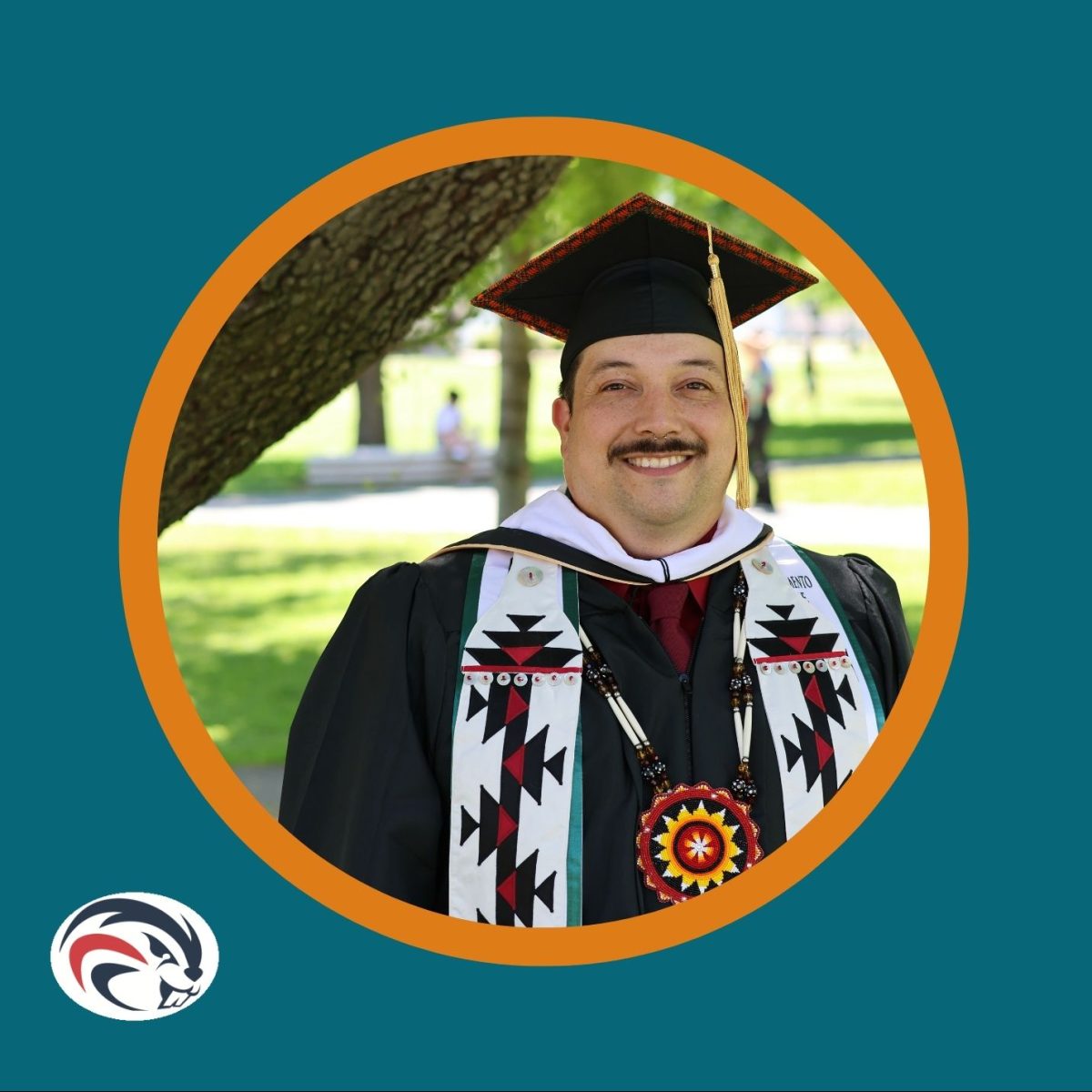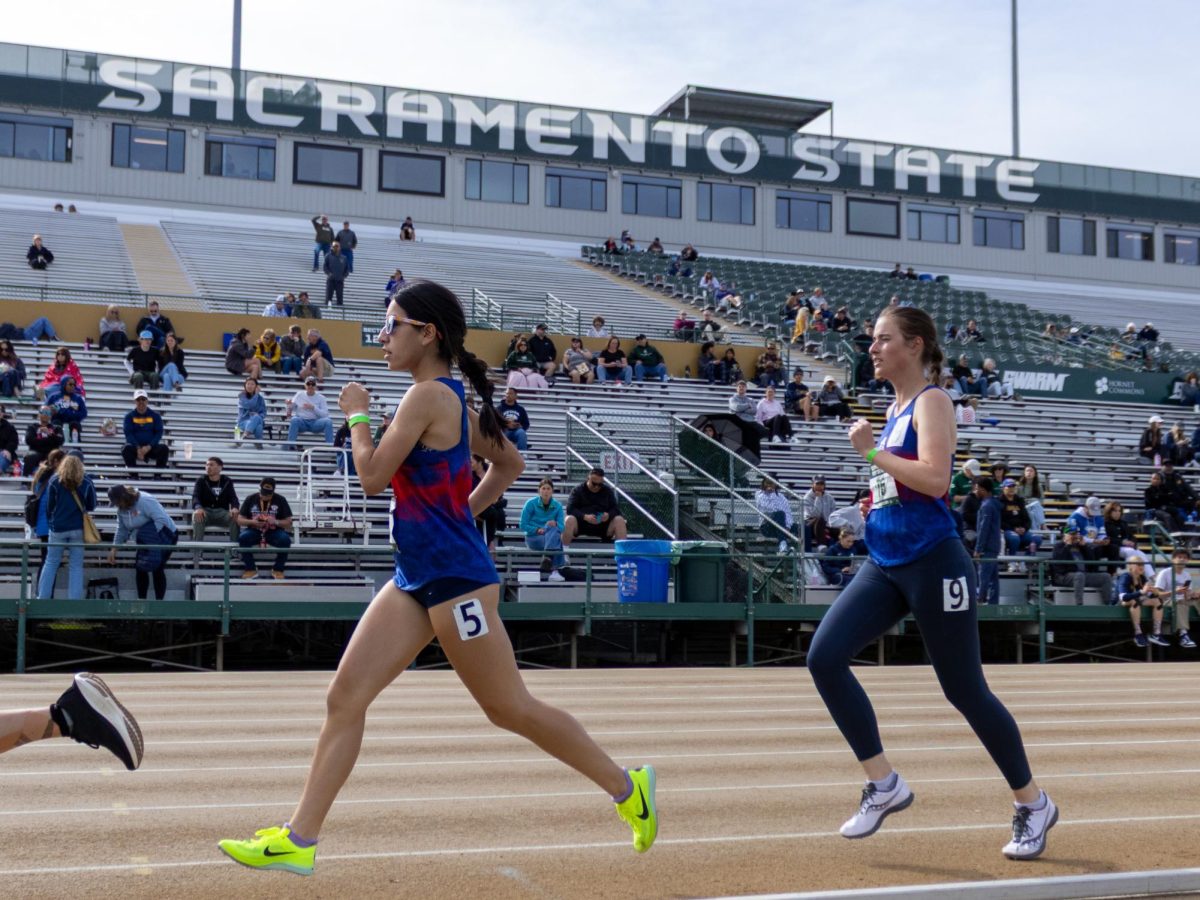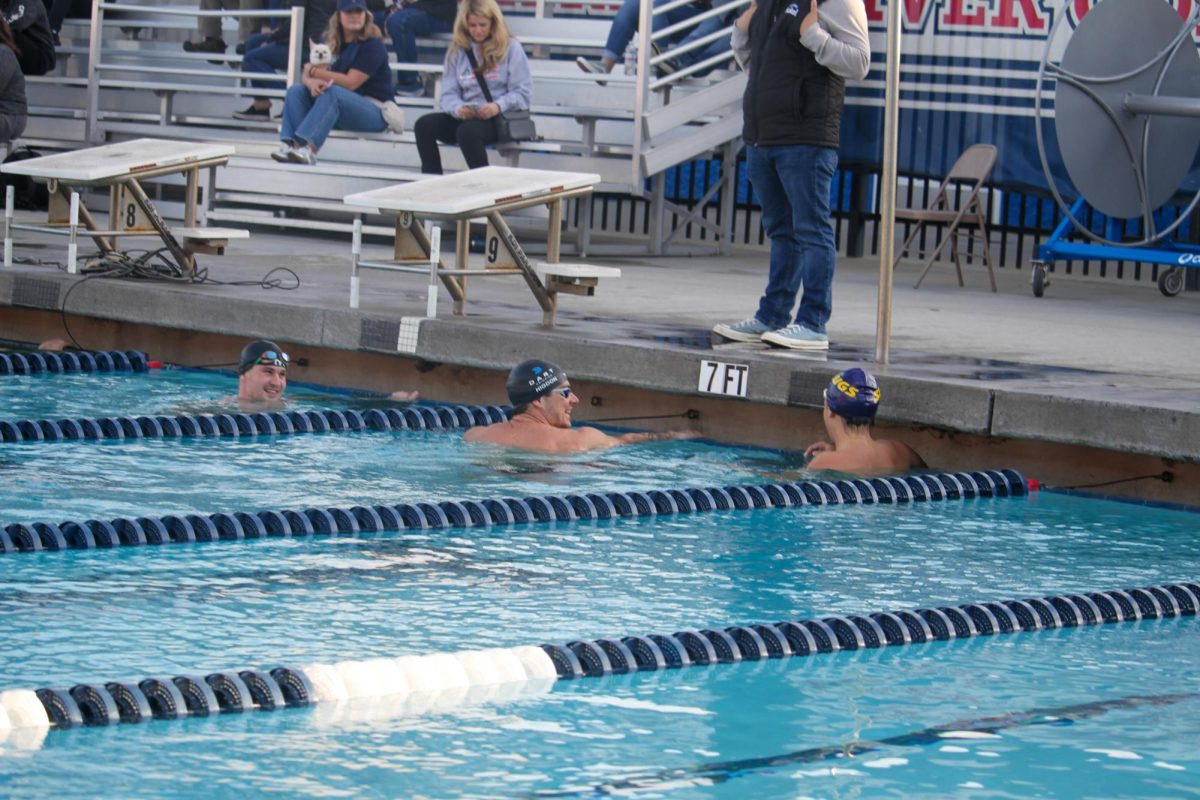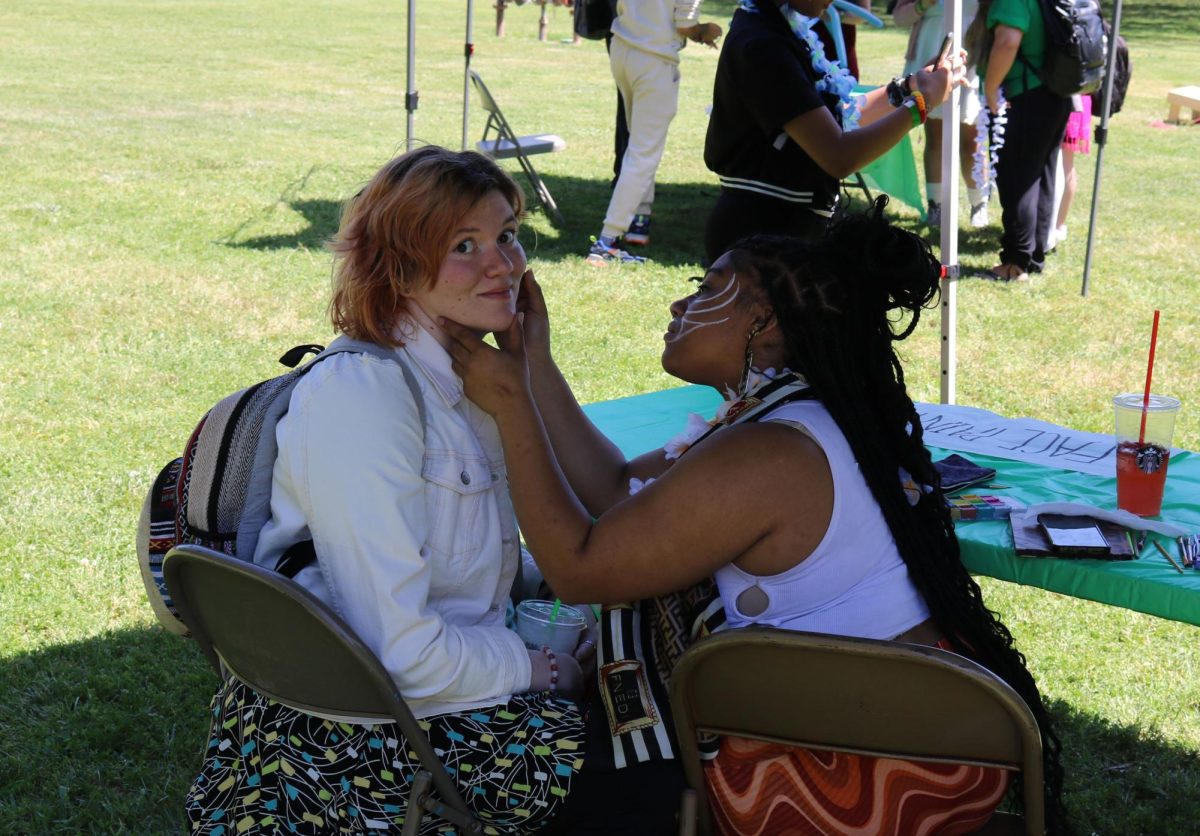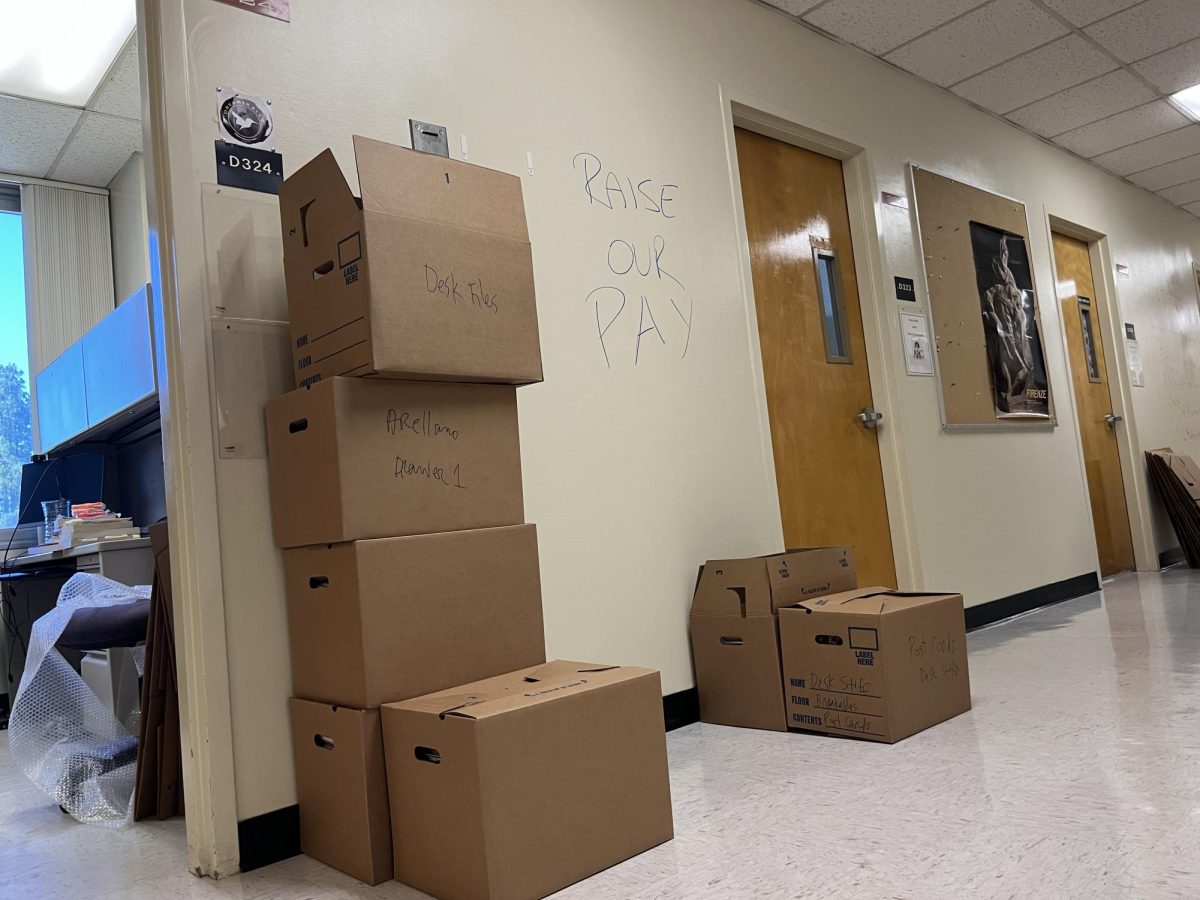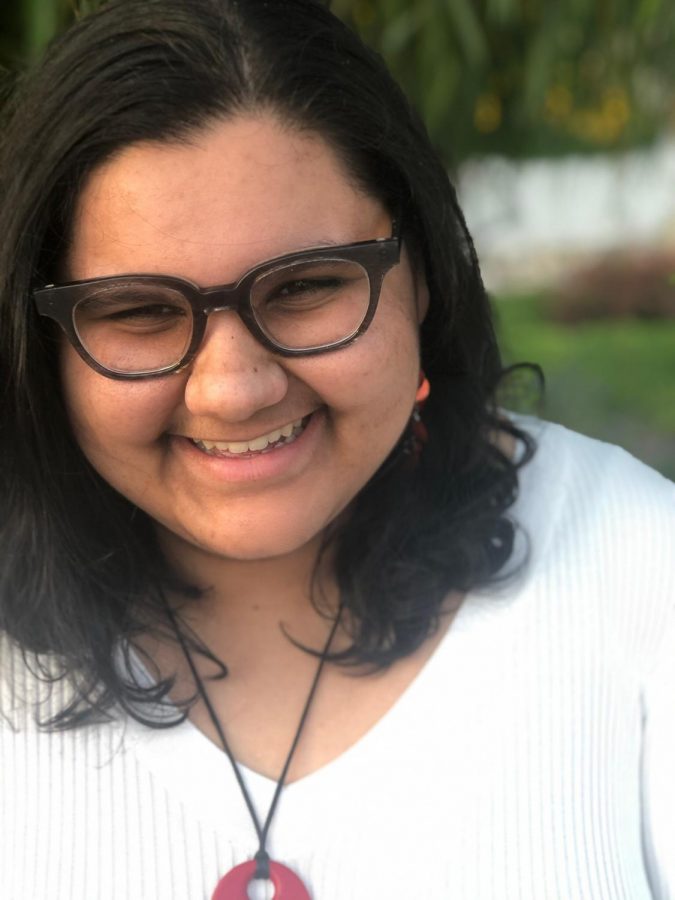The American River College Foundation began accepting applications for its annual scholarships on Jan. 25 and will close applications on March 4.
This year, the foundation is offering 162 scholarships, ranging from $100 to $2,000 and totaling over $200,000.
“Supporting students with resources that help them fulfill their hopes and dreams, from graduating from ARC and getting a job, to transferring to a four-year institution or brushing up on some skills, all have a huge impact on student success and the overall success of American River College,” said ARC Foundation Executive Director Kirsten DuBray.
Though the scholarships have been a great financial resource for students for almost 40 years, not all students know they’re available.
“I’ve been here for four years and never knew about them,” said ARC student Crystal Moore. “It’s not very visible. I would have applied if I’d known about this earlier, I’m broke!”
Erika Favor, another ARC student, agreed. “I’ve never heard of the foundation scholarship! It sounds interesting, but I wish it was more publicized. We walk around campus and there’s no public announcement, it’s not general knowledge.”
To be eligible to apply for ARC Foundation scholarships, a student must have a minimum GPA of at least 2.0, must have completed at least six units at ARC and must be currently enrolled for the spring 2016 semester with at least six units.
The foundation’s scholarships are donated annually by sponsors like Kaiser Permanente, along with donations from local families, ARC educational departments and local businesses.
Eligible students must also be enrolled at ARC or another college or university in fall 2016, taking three units or more.
Scholarship applicants must also have one recommendation submitted to the foundation by either an ARC faculty or staff member, or their current or previous employer.
Most scholarships also require supplemental material, from a personal statement to additional essays and attending an event.
DuBray said that scholarship recipients are not chosen entirely on financial need or academic achievement.
“The scholarship committee, made up of over 50 faculty and staff members, looks at academics, personal things like if they had to overcome adversity, community and co-curricular activities (volunteer, athletic, community involvement) when selecting recipients,” DuBray said.


